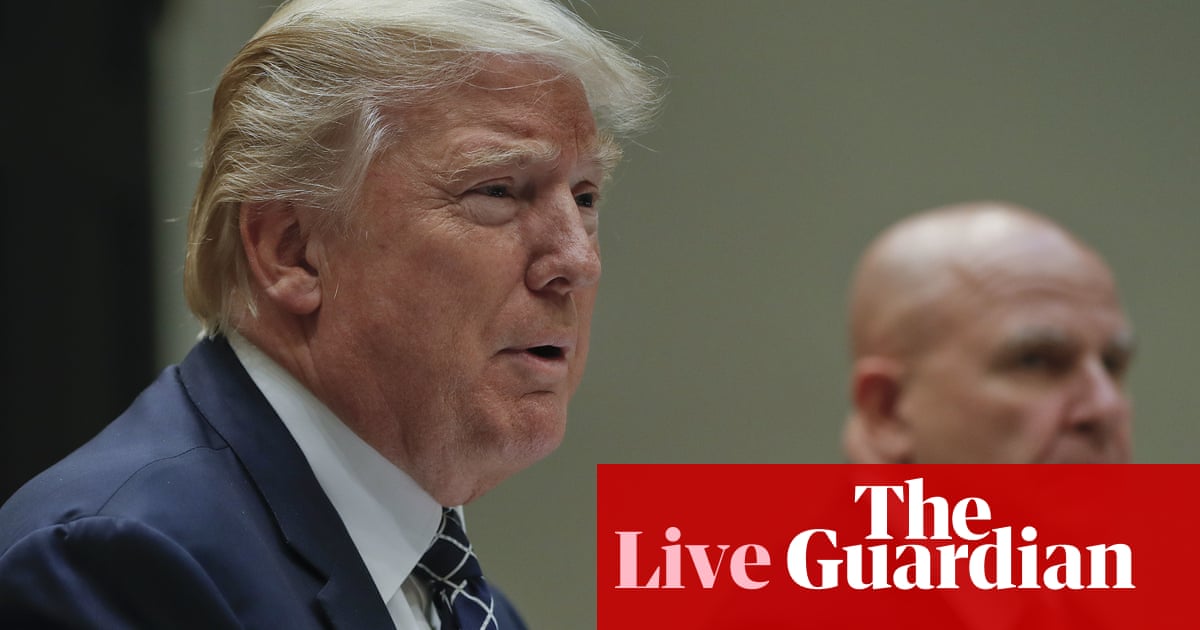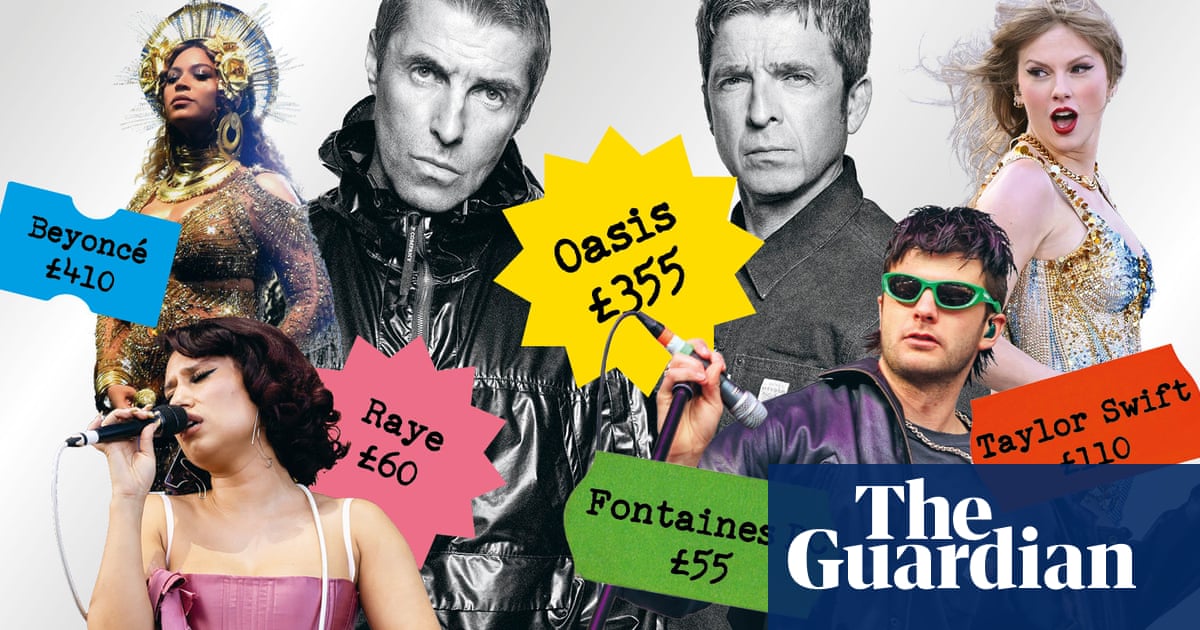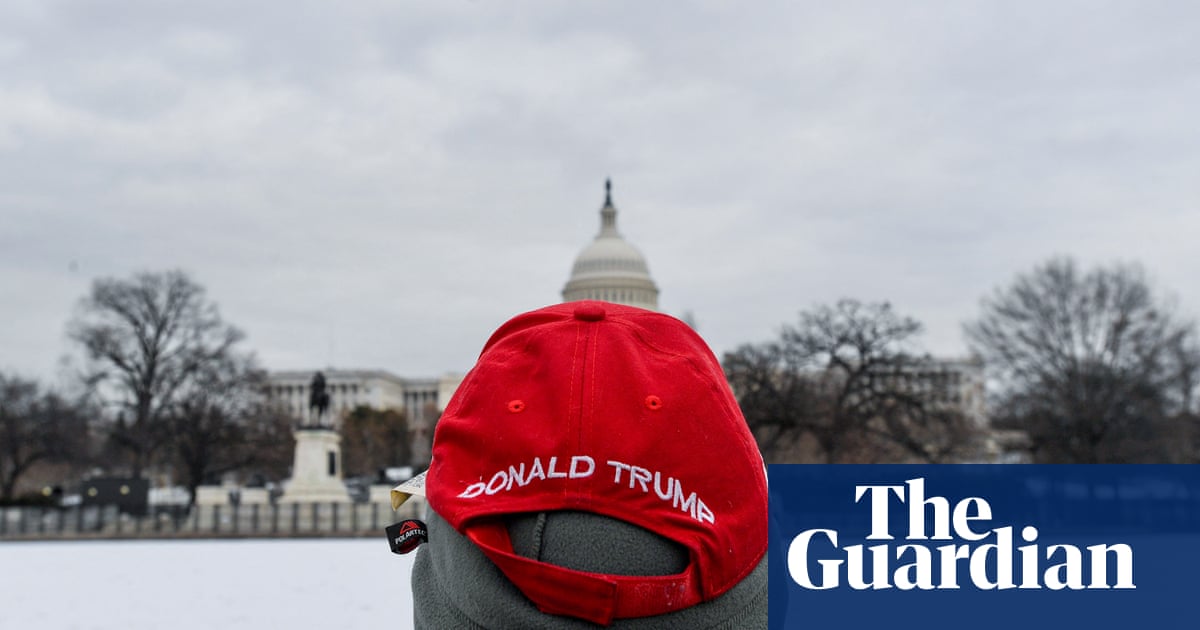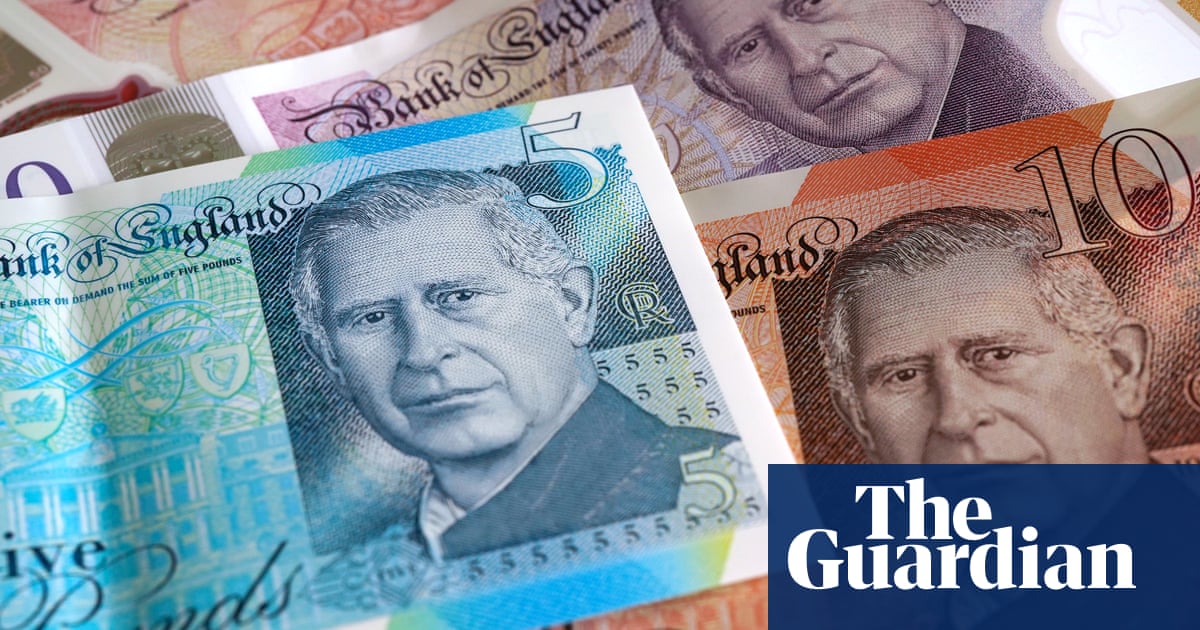Juan Soto agreed to a reported 15-year, $765m contract with the New York Mets on Sunday night, the largest contract in the history of professional sports by total value. But as well as the brain-frying amounts of cash involved, it also represents a shift in the dynamics of baseball.
The obvious thing to say is that $765m is an obscene amount of money, which it is. But baseball salaries were obscene long before Soto’s deal was agreed. The 26-year-old got $65m more than the Los Angeles Dodgers committed to Shohei Ohtani last winter, albeit over a contract that is five years longer. Soto’s contract, various reports on Sunday indicated, does not include the kind of deferred payments that comprised almost all of Ohtani’s pay from the Dodgers. Soto’s contract is a generational haul and could upend the balance of power in an already strong National League East.
The Mets, who lost to Ohtani’s Dodgers in the National League Championship Series in October, will be a threat for the NL pennant for the foreseeable future. And in signing Soto, owner and hedge fund magnate Steve Cohen has dealt a devastating blow to the crosstown Yankees, who enjoyed exactly one year of Soto’s brilliance before losing him to their Subway Series rivals. For most of major league history it was the Yankees who pulled off these kind of deals, while the Mets settled into their role as the city’s lovable underdogs. But Cohen is rich even by sports owner standards: $21bn has a funny way of changing a team.
Soto’s free agency was a blockbuster moment, the kind of looming event that caused teams to reshuffle their plans over the course of several years. The Washington Nationals, Soto’s first team, traded him in 2022, collecting a crop of talented prospects only after it was clear that they could not reach terms with one of the best hitters who would ever reach the free agent market. Soto had transformed the Nationals, helping lead them to their first World Series title in 2019. The San Diego Padres made the same calculation in moving Soto for their own collection of young talent after he spent the 2023 season in southern California. Soto’s profile only rose when he got to New York in 2024, as he hit for a .288/.419/.569 slash line with the Yankees and became the apple of Cohen’s eye.
That the market would shower Soto with such riches will not be any huge surprise to the rest of the industry. Soto is one of the greatest hitters baseball has ever had, and his early debut – he was 19 years and 207 days old when he made his first start in a league where many great players don’t break through until their mid-20s – rendered him an unusually young free agent.
Soto will play three more seasons in his 20s, and everything in his profile to date suggests he will age well. He has appeared in at least 150 games in all five of the full seasons he has played in the major leagues. (In the Covid-shortened 2020 season, he appeared in 47 games out of 60 for the Nationals.) Soto has kept himself healthy, and his strengths do not depend on him maintaining running speed as he gets older. Soto has been a superstar despite being a so-so outfielder and not adding much as a base runner.
Instead, Soto has built what will almost certainly be a Hall of Fame career with twin pillars of power and discipline. He is the most patient hitter of his era, regularly rating at or near the top of the major leagues in base-on-balls rate and on declining to swing at pitches out of the strike zone. Pitchers know that the only way to get Soto out is to challenge him, and that is problematic itself because of his thunderous swing. Soto’s three-run home run in the top of the 10th inning of the fifth game of the American League Championship Series this past season demonstrated the bind he creates for pitchers: There is not always a base to hand Soto, and oftentimes the decision to pitch to him results in a baseball disappearing over the fences.
Soto led the National League in walks three different times during his seasons with the Nationals and San Diego Padres. He was second in the American League this year, only behind teammate Aaron Judge. He leads all active hitters in career on-base percentage (.421). If “times in which he’s stared down a pitcher while shuffling in the batter’s box and grabbing his crotch” were a stat, Soto would lead the league in that one every year, too. Nobody in baseball has Soto’s relaxed yet ferocious demeanor at the plate.
Even more fun is when Soto takes the bat off his shoulder. Since 2018, his rookie season, Soto is fourth in all of baseball in FanGraphs’ environment-adjusted “runs created” stat, a few points ahead of the great Ohtani. His 201 homers in those seven seasons are ninth-most over that span.
That would be enough for Soto to be one of the best players of any generation. But what makes him such an outlier is his youth. Those 201 homers are tied for eighth-most all-time for a player through his age-25 season. Needless to say, everyone ahead of Soto on the list is either in the Hall of Fame (Jimmie Foxx, Eddie Mathews, Mel Ott, Mickey Mantle, Frank Robertson), bound for it soon (Albert Pujols), or only absent because they tested positive for steroid use (Alex Rodriguez, the leaders with 241 homers by his age-26 season). Nothing is promised, but Soto may well only be about halfway through his time as an elite hitter. And even once he is no longer elite, his legendary eye will buy him more productive seasons.
after newsletter promotion
Could the signing end up being a disaster for the Mets? Sure, one could play devil’s advocate. Even though Soto is just 26 and has already made four All-Star games and led two franchises to their first World Series appearances in many years, winning one of them, no signing is without risk. Aside from the risk of catastrophic injury – which the Mets will almost certainly have bought insurance for – defensive metrics have tended to rate Soto somewhere between decent and absolutely horrible in right field, and it is certainly possible that he struggles to maintain a corner outfield spot as he gets deeper into his career. He is a slightly below-average runner of the bases now, and he will only decline as he approaches his 40s.
By the end of Soto’s contract, he would need to defy typical ageing curves to still be a solid player. There may be years at the end of the deal in which Soto briefly feels like an albatross.
But that should be well worth it, given the excitement Soto will demonstrate in the short term and the many years of elite play that should still be in front of a player with his rare profile. The Nationals attempted to give Soto a mega-deal in 2022, but he rejected a 15-year, $440m offer that, in the end, turned out to be a lowball pitch. The Padres realized after one year that they were not prepared to retain him once he hit free agency. So they cashed in on him as a trade chip, too, and left the Yankees to spend a weird year with Soto in right field. It was captivating having Soto in the lineup but terrifying to imagine that the Yankees of all teams may not retain him afterward. The move will be a blow to Yankees’ fans’ psyches. That he’s gone to the Mets – so long a byword for dysfunction and underachievement in New York – will only make it worse. Sometimes little brothers can usurp the throne: just look at what Manchester City did to Manchester United in the Premier League in recent years.
In that sense, Soto’s signing does not just end a few weeks of free agency drama. It settles years of uncertainty about which franchise would get the majority of the career of one of the best young hitters to ever pick up a bat. With that settled, all there is to do is watch Soto hit – or, much of the time, walk.

 1 month ago
26
1 month ago
26













































